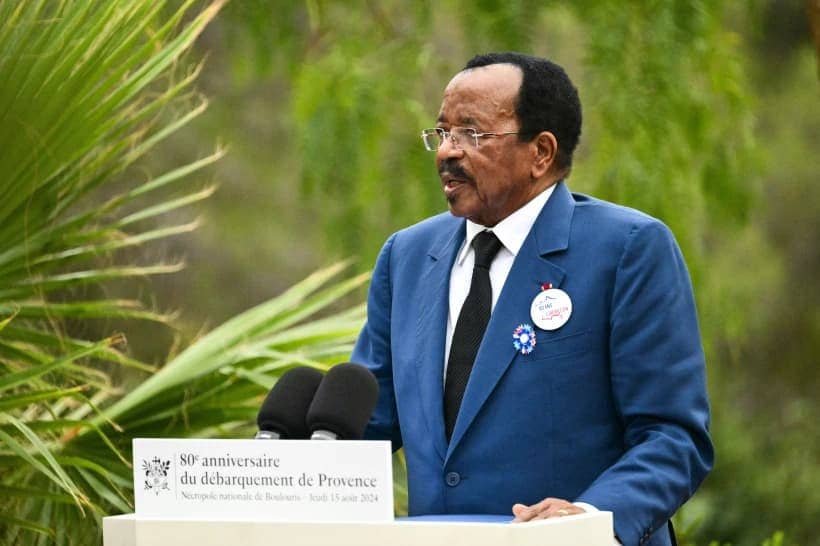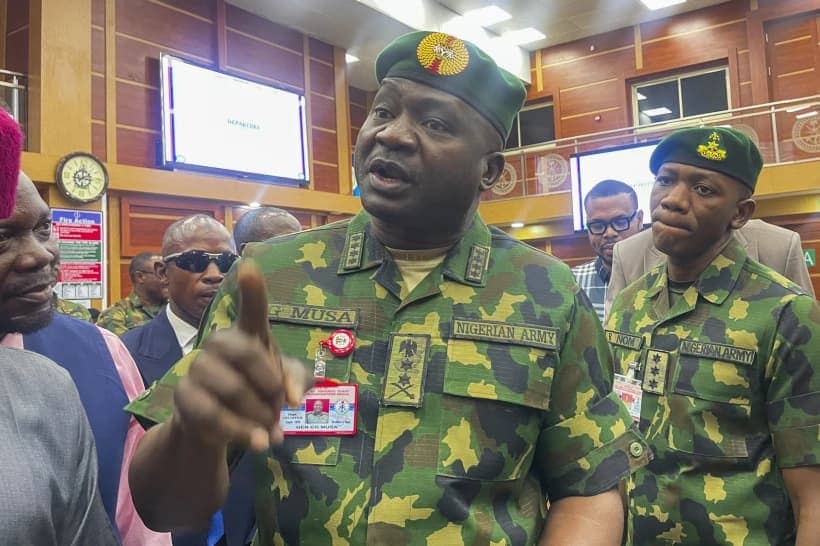YAOUNDÉ, Cameroon – An amnesty granted to 800 political prisoners by President Alassane Ouattara of the Ivory Coast has been welcomed by the bishops of the West African country.
Among those released on Aug. 6 was Simone Gbagbo-the wife of former Ivorian leader, Laurent Gbagbo, whose refusal to leave office after the 2010 elections led to a civil conflict that left over 3,000 people dead and the eventual arrest of Gbagbo, who is currently in the custody of the International Criminal Court facing charges of crimes against humanity.
The former president’s wife was serving a 20-year jail term for allegedly endangering state security following the 2011 post-electoral conflict.
Father Donald Zagore, a priest of the Society of African Missions, said her release means “a great step has been taken towards a true and definitive reconciliation, even if the road still remains long. The truth is that all of us Ivorians are very thirsty for peace and reconciliation.”
“In the process of reconciliation initiated by the current power, justice was the fundamental principle on which to build this national reconciliation. Unfortunately, the Ivorian judiciary has remained in a logic of blatant impartiality, practicing the justice of winners, making it no longer an instrument of peace and reconciliation, but an instrument of injustice and division,” he told the Fides news agency.
“Peace was no longer possible in such a context. The only way out was an amnesty policy with the release of all political prisoners who favored an open dialogue for true reconciliation. The appeal was unanimous, social, political and religious groups intervened in favor of the release of political prisoners,” Zagore said.
With two years until the next presidential election in which Ouattara’s successor will be chosen, the Ivorian leader apparently granted the amnesty to demonstrate that his government is open to dialogue after the EU had criticized Ouattara’s government for being anti-democratic.
During a press conference on Aug. 16, the nation’s Catholic bishops welcomed the move as an important step towards building a culture of peace in Ivory Coast.
Antoine Koné of Odienné said the amnesty “strongly contributes to forgiveness and reconciliation, both of which are useful for stability, development, the wellbeing of the population and the growth of Ivory Coast.”
Koné, who is the president of the bishops’ conference Commission for Social Teaching, also praised the president and encouraged him to act as the head of the Ivorian family and continue “to take actions that concretely favor the coming together of all Ivory Coast’s children.”
The bishops now call on all Ivoirians to develop a culture of dialogue and tolerance.
“As long as we come around the discussion table, we have the chance to make progress and live up to the challenges of peace and reconciliation,” said Bishop Ignace Bessi Dogbo of Katiola, the president of the bishops’ conference.
He called on the country’s political leaders to privilege reconciliation over “their political interests,” noting that “only reconciled hearts can make for a politics that serves the people and ensures harmonious development for all.”
“The Ivory Coast is a country of dialogue, and I call on political actors to favor and accept contradictory debate. The people don’t have to speak just one language. There is need to accept the debate of ideas,” he said.
Bessi Dogbo said the Church is ready to help in the reconciliation process, announcing that from Oct. 1, the Bishops will put in place a five-year strategic plan in view of “accompanying the reconciliation process, to bring together a divided and separated people.”
The Ivory Coast is a religiously diverse country: Around 40 percent are Muslim, 35 percent Christian, and the rest a mixture of indigenous faiths and smaller religious groups. The majority of Christians are Catholic.
The country’s 2002-2007 civil war was contested between the mostly-Muslim north and the mostly-Christian south.
The 2011 civil conflict risked taking on a religious hue. Gbagbo, a Christian, claimed Ouattara, a Muslim, was trying to displace the Christian community.
Bessi Dogbo stressed the importance of good relations between religions and the common brotherhood of all Ivorians.
“As religious leaders, our role is to go towards our brothers, because religion is not meant to divide but to rebuild…When a bishop or imam calls for calm, people generally obey because it has to do with their spiritual guides,” the bishop said.
“This peacemaking role (of the Church) is better achieved when we act together with other religious leaders,” he added.














